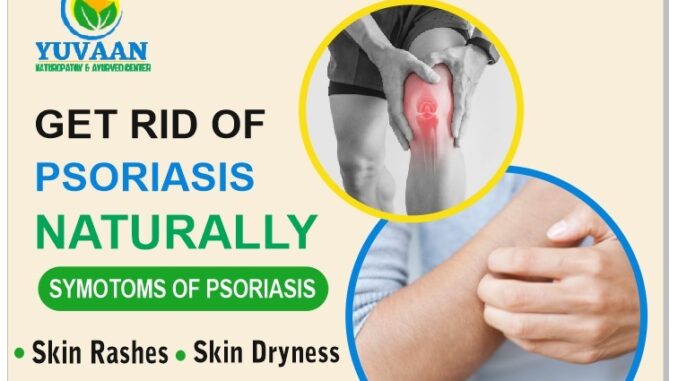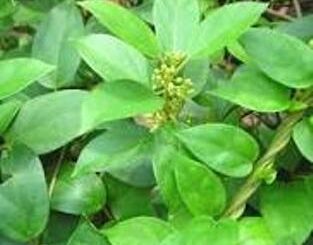
Skin psoriasis:
It is a chronic autoimmune condition that manifests as raised, red, scaly patches on the skin’s surface. While its exact cause remains unknown, genetic predisposition, immune system dysfunction, and environmental factors play significant roles in its development. Let’s delve into the complexities of psoriasis, exploring its impact on individuals’ lives and holistic management strategies for alleviating symptoms and promoting skin wellness.
Understanding Psoriasis: Psoriasis affects millions worldwide, causing physical discomfort, emotional distress, and social stigma. The condition occurs when the immune system mistakenly attacks healthy skin cells, leading to rapid turnover and the formation of thick, inflamed patches. Commonly affected areas include the scalp, elbows, knees, and lower back, although psoriasis can appear anywhere on the body.
Holistic Management Approaches: While conventional treatments such as topical creams, phototherapy, and systemic medications can provide symptomatic relief, many individuals seek holistic approaches to complement their care. Naturopathy offers a holistic perspective on psoriasis management, focusing on addressing underlying imbalances and supporting skin health through natural remedies and lifestyle modifications.
Herbal Remedies: Herbal supplements like aloe vera, turmeric, and Oregon grape extract are renowned for their anti-inflammatory and immune-modulating properties, which may help reduce psoriasis symptoms and flare-ups. Incorporating these supplements into one’s daily regimen, under the guidance of a healthcare professional, can complement conventional treatments and promote skin wellness.
Dietary Modifications: Certain dietary factors, such as gluten, dairy, and nightshade vegetables, may exacerbate inflammation and trigger psoriasis flare-ups in some individuals. Adopting an anti-inflammatory diet rich in fruits, vegetables, healthy fats, and lean proteins can help support skin health and reduce the frequency and severity of psoriasis symptoms.
Lifestyle Practices: Stress is a known trigger for psoriasis flare-ups, underscoring the importance of stress management techniques such as yoga, meditation, and deep breathing exercises. Additionally, avoiding smoking, excessive alcohol consumption, and prolonged sun exposure can help minimize skin irritation and promote healing.
Consultation with a Healthcare Professional: While holistic approaches to psoriasis management can be beneficial, it’s essential to consult with a qualified healthcare professional before making any significant changes to your treatment plan. Naturopathic doctors specialize in holistic approaches to wellness, offering personalized evaluations and tailored recommendations based on individual needs and goals.
Conclusion:
In conclusion, psoriasis is a complex skin condition that requires a comprehensive approach to management. By incorporating natural remedies, dietary modifications, and stress-reducing practices into one’s lifestyle, individuals can take proactive steps towards alleviating symptoms, promoting skin wellness, and enhancing their overall quality of life at Yuvaan Naturopathy & Ayurved Center in Ghaziabad.




Be the first to comment